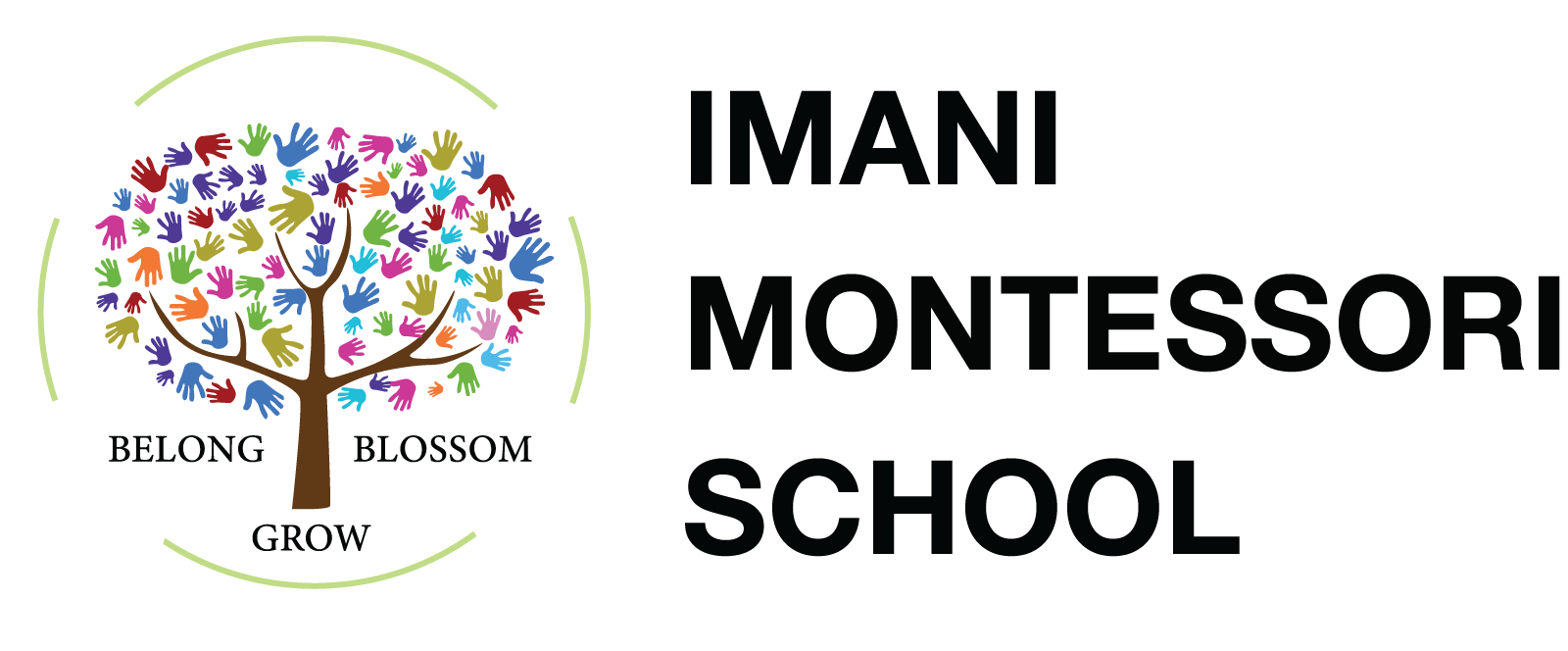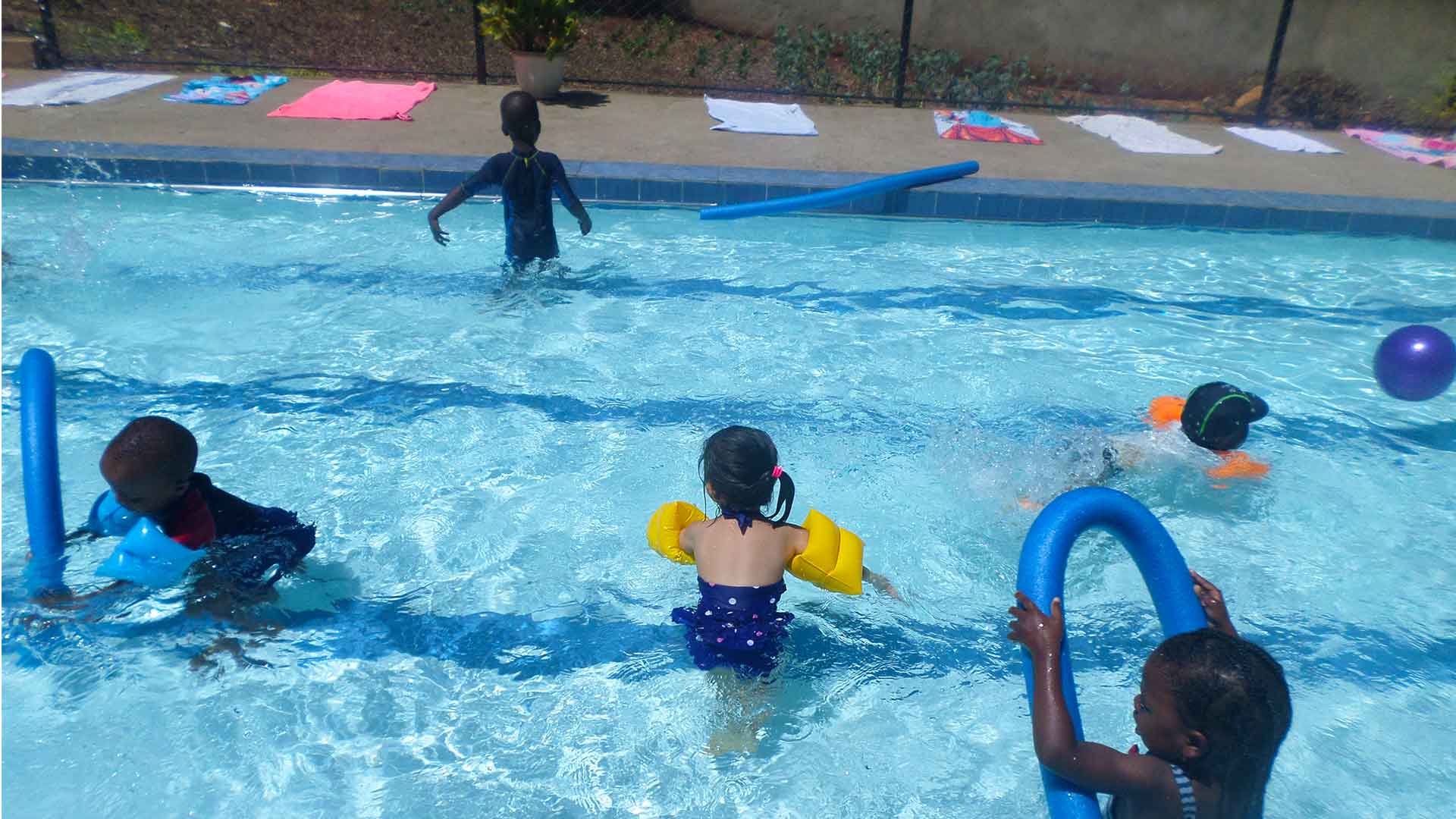Practical life skills are a cornerstone of Montessori education, reflecting the idea that everyday tasks can be potent learning experiences. At Imani Montessori School, we encourage our Montessori students to engage in daily activities that build independence, coordination, and self-esteem.
The Power of Doing
Children between 1½ and 6 are naturally curious and eager to practice real-world tasks. Encourage them to help around the house or in the classroom. For instance, let them wash fruits, fold laundry, or water plants. These tasks let children see their contributions matter, boosting their sense of belonging.
Observing First
Before introducing a new task, invite your child to watch you do it slowly, step by step. Speak minimally, allowing them to take in the visual details. Next, let them practice while you remain nearby, ready to lend a hand only when absolutely necessary. This approach aligns with Montessori’s emphasis on learning by observing and doing.
Consistency and Repetition
Practical life activities are best mastered through repetition. If your child is fascinated with pouring water, give them several opportunities daily. They’ll steadily gain hand-eye coordination, concentration, and a sense of accomplishment. Resist the temptation to rush them or take over. By patiently waiting, you allow their skills to deepen.
Building Independence
Montessori educators often talk about following the child. When a child shows an interest in a particular activity—like cutting vegetables with a safe knife—this is a golden chance to nurture that curiosity. Provide child-friendly tools (e.g., a dull-edged knife, small apron) and see how quickly they pick up the new skill. This fosters independence and confidence.
Adapting to Real Life in Nairobi
With the vibrant markets and abundant fresh produce in Nairobi, grocery shopping can become a fantastic learning experience. Children can help select fruits and vegetables, weigh them, or even count out money at the cashier if they are a bit older. Incorporating real-life tasks in your routines emphasizes the connection between classroom lessons and daily life.
Encouraging Responsibility
Encourage your child to take ownership of their environment. They can help pack their school bag, sweep up crumbs, or tidy their toys each evening. It might be messy at first, but over time, they’ll develop stronger organizational skills and greater respect for their surroundings.
Celebrating Small Wins
When a child learns to pour water without spilling or folds a piece of clothing neatly for the first time, celebrate this triumph. Positive feedback lets them know their efforts matter. Avoid overpraise; a simple, heartfelt acknowledgement—“I noticed you put away your clothes so carefully!”—is enough to reinforce their sense of accomplishment.
By involving your child in daily tasks, you’ll notice improvements in their coordination, problem-solving, and self-esteem. Practical life skills are at the heart of Montessori education, ensuring that each small victory propels children toward greater autonomy and confidence.


Join the Conversation